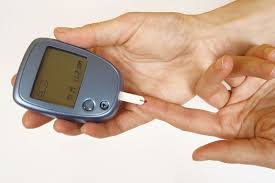A recent study suggests that consuming more than 45% of daily calories after 5 p.m. could lead to higher blood sugar levels in older adults with prediabetes or early-stage type 2 diabetes.
Published in Nutrition and Diabetes, the research highlights the potential risks of late-night eating, including a greater likelihood of developing type 2 diabetes, cardiovascular issues, and chronic inflammation.
The study, conducted by researchers from Universitat Oberta de Catalunya in Spain and Columbia University in New York, involved 26 participants aged 50 to 75.
The participants were split into two groups: “early eaters,” who consumed most of their calories before 5 p.m., and “late eaters,” who ate more than 45% of their calories after that time.
Both groups had similar calorie intakes, but late eaters consumed significantly more fat, carbohydrates, and sugar.
The results of glucose tolerance tests showed that late eaters had significantly higher blood glucose levels after 30 and 60 minutes, suggesting poorer glucose tolerance.
Dr. Pouya Shafipour, a family medicine expert, explained that the body’s insulin sensitivity decreases in the evening, making late meals particularly harmful. “Eating late increases insulin resistance, which is a key factor in developing diabetes,” Shafipour noted. “At night, our bodies are less active and less able to use the energy from food.”
Experts advise keeping dinner light, with fewer carbohydrates and more healthy fats and proteins.
With the holiday season approaching, experts recommend sticking to a consistent sleep schedule to improve metabolism. “Getting 7 to 8 hours of sleep each night helps regulate appetite and glucose metabolism,” Shafipour said.



